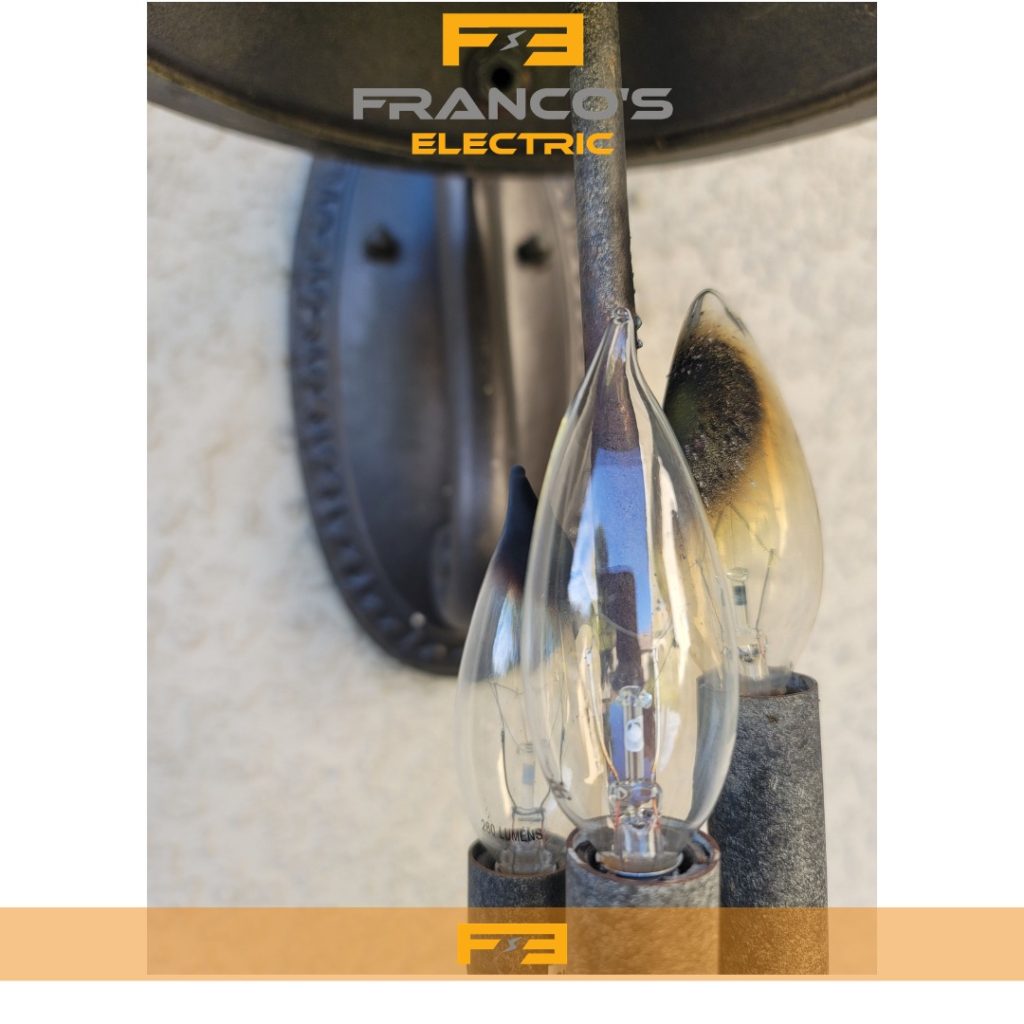With our modern reliance on electricity, there are potential electrical safety hazards in any home. These hazards can, fortunately, be eliminated or reduced by staying aware and taking steps to eliminate their dangers, ideally with the assistance of an electrician. You should know that electrical hazards can be easily fixed—if you know what to look for. Let’s take a look at some of the most common electrical hazards in homes, so you know what to do to ensure your home is as safe as possible.
- Improper extension cord use
Extension cords should be carefully fixed in place where possible to reduce the chance of tripping or accident. Don’t plug extension cords into one another. Don’t use them as a permanent substitute for additional power sockets and avoid using them for too many appliances at once, and do not allow the cord to rest in water. Install additional electrical outlets, If you find you’re constantly using an extension cord to provide power to a specific area of your home.
- Outlets too close to water or water near appliances or wires
Outlets in bathrooms, kitchens and, other living areas with water should be installed a fair distance away from the water source. As water conducts electricity, keeping outlets away from water reduces the chance of electric shock. It’s also wise to keep an eye out for leaking water, lest it interacts with your electrical appliances or your electric wiring and creates a disaster.
- Outdated or poor wiring
Damaged, worn, cracked, or corroded electrical wires can increase the chance of electrical accidents. Have a qualified electrician check your wiring regularly to ensure the wiring is safe. If you need to, upgrade and replace old and faulty wires.
- Wrong light bulbs
We don’t often think of lightbulbs as being electrical hazards, but the potential for an electrical fire arises when lightbulbs are kept near flammable materials. It is common to use the wrong lightbulb, take steps to help avoid this hazard by using a light bulb with a wattage that’s less than or equal to the maximum wattage printed on the lamp’s socket.
Now that you’re aware of some of the electrical hazards at home, have us come make your home safe. Our experienced electricians can help you save your time and money with any of these you may have in your place.



